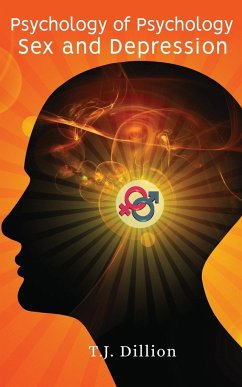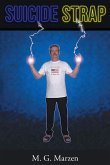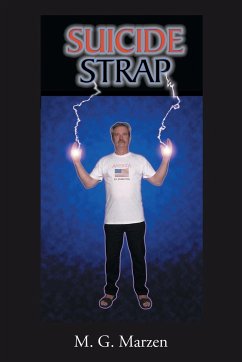An experimental psychologist provides a legitimate history of psychology while spoofing common practices and the 'Father' of psychoanalysis. Dr. Dillion suffers from severe depression and discovers that organism offers short-term relief. Fortunately, he was teaching in the 'make love, not war' era in a profession dominated by women. His early religious indoctrination, however, was so embedded in his conscience that the sexual release triggers guilt and shame exacerbating his depression. But, remaining faithful to his research methodology, he continues to acquire data to assure statistical confidence, for or against, the efficacy of his research.
Hinweis: Dieser Artikel kann nur an eine deutsche Lieferadresse ausgeliefert werden.
Hinweis: Dieser Artikel kann nur an eine deutsche Lieferadresse ausgeliefert werden.








